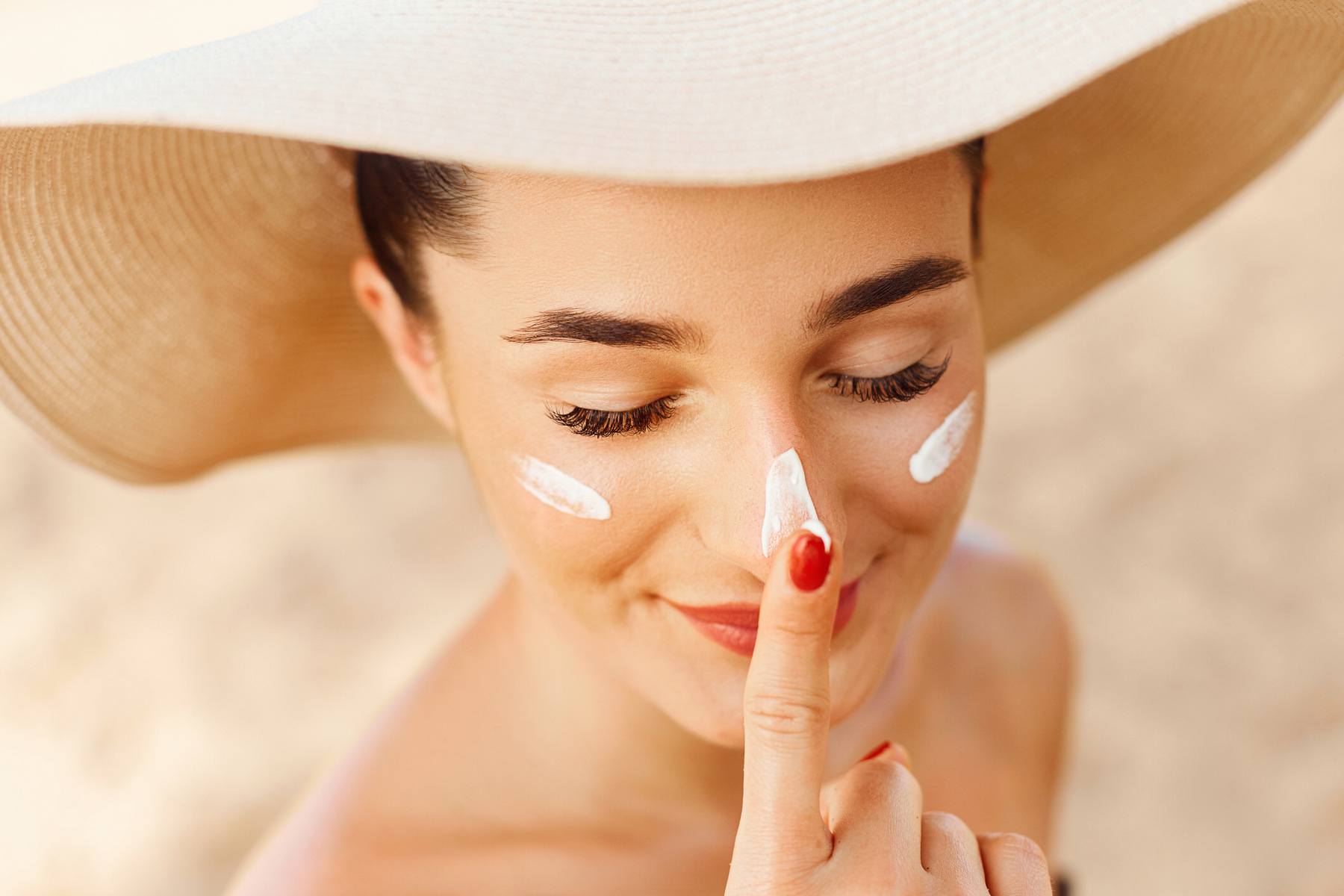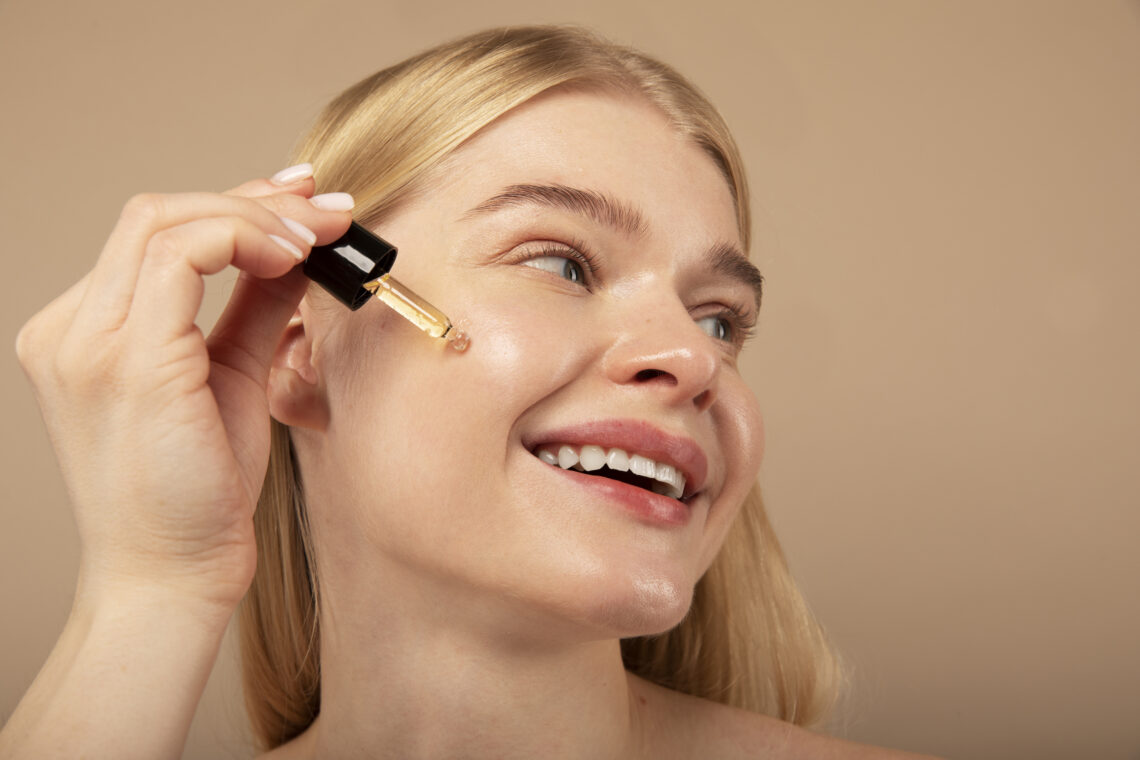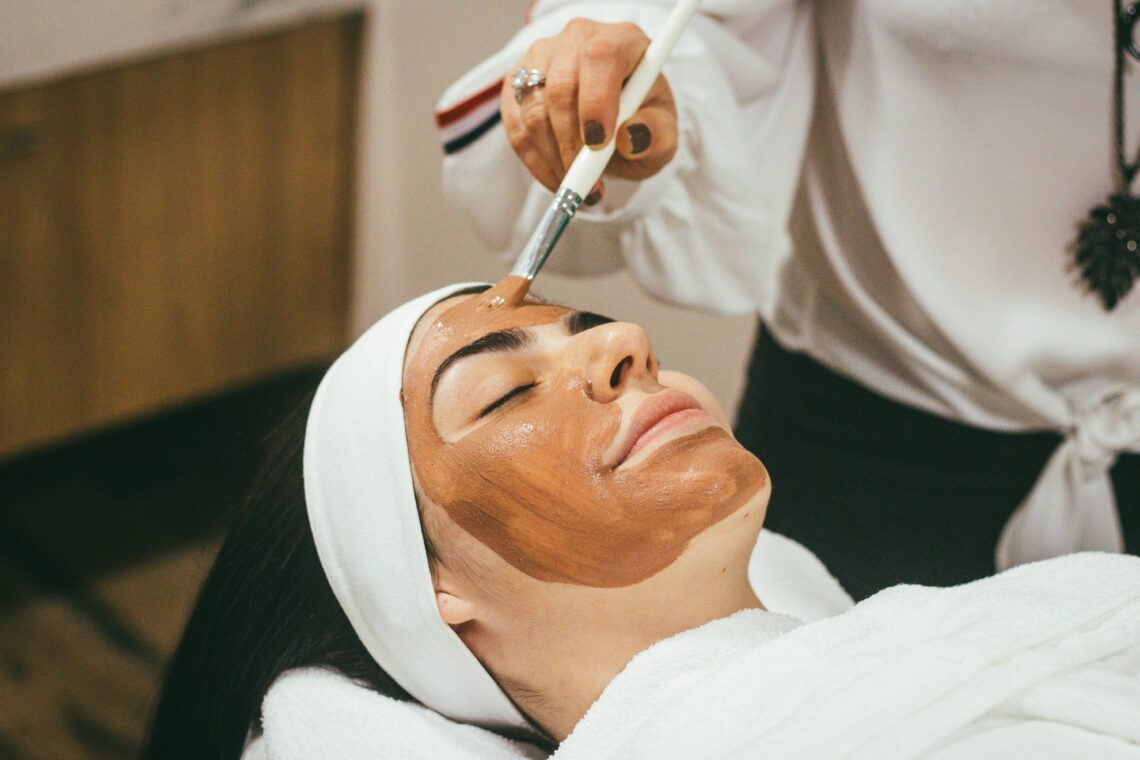Why SPF is VIP
Hi besties,
We thought that since the gorgeous summer weather has finally arrived here in Scotland, that we should discuss the almighty importance of adding SPF into your daily skin care routine. I think we all know that SPF is the main skin protecting factor that we find in our suncream/sunscreen products. But, what does SPF really mean?
What is SPF?
SPF stands for Sun Protection Factor, hence the expressions of “factor 50” and so on. It is often expressed as a number on sun cream bottles, and it indicates the level of protection provided from the suns UVB rays. In addition to this, SPF also actually indicates how long you can wear the product for before you burn! Who knew?
So, a good way to view how SPF actually works is that for example, if you are extremely fair like myself and burn in the sun without SPF after 15 minutes of exposure, then using a product with SPF 20 will protect you for 20 times that – so you would be protected for 300 minutes or 5 hours, wow!
SPF ranges from 2 to 50+ and what you choose varies depending on your skin type and likelihood of burning, so choose wisely!
Why do I need SPF?
Moving on to why you actually need to pay attention to SPF. There are numerous reasons and benefits to being vigilant about your use of SPF. But of course, the main reasons centre around protecting your skin from skin damage, sunburn and reducing the risk of skin cancer.
In order to understand why you need SPF we must start with two of the basics, the difference between UVA and UVB rays…
First of all, UVA rays are the sunrays that can cause the skin damage that leads to tanning, skin aging and wrinkles. Additionally, short variants of these wavelengths can also cause the dreaded sunburn. When looking at your SPF products we recommend keeping an eye out for “broad spectrum” being listed, as it then means it protects against both UVA and UVB rays.
UVB rays are the sun rays that cause sunburn, and play a key role in developing skin cancer. So, when you pay attention to SPF you’re also paying attention to UVB protection. Which is actually sometimes listed by brands in the form of a star rating.
Who should use SPF?
Everyone. Absolutely everyone. Regardless of your skin type, whether you take a cracking tan or you are guaranteed to burn, you should always use SPF when the sun is out.
What type of sun cream should you use?
Actually, there is no one size fits all with using sun cream, but the skin cancer foundation recommends that you buy yourself a sun cream that you are actually going to use, rather than basing it off of brand, price or otherwise. However, if you are fair skinned or more likely to burn, then it has been recommended that you aim for products with SPF 30 or above.
Integrating SPF into your Skincare
We get that sometimes bringing something new into your skincare routine can be a little difficult, but sometimes it really can be just as easy as buying a sun cream specific for your face – ideally one that doesn’t clog your pores but keeps you protected! However, a lot of skincare products now have a low (but still effective) SPF integrated into them whilst still giving you all the benefits of the product, so its even easier to have fabulous skin and be protected from the sun! A lot of our reccomended products have SPF in them, so head on over to our product page and take a look.
Also, a final thing that we think you need to take into consideration when purchasing a facial sun cream is the ingredients. Certain ingredients like oxybenzone and octinoxate are known to not filter down in water estuaries and cause issues to marine life – we recommend you read our blog post about why reading the ingredients list is so important!
Lots of love and happy sun times,
Dr, Skincare x



